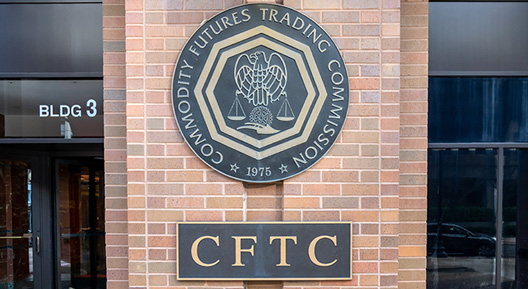A United States federal court has ordered South African-based Mirror Trading International (MTI) to pay more than $1.7 billion (about R32.3bn) to tens of thousands of people who were defrauded in the US.
Blockchain data platform Chainalysis named MTI the biggest cryptocurrency scam of 2020 in its 2021 Crypto Crime Report.
MTI, which is in liquidation, collapsed in December 2020 after it halted payments to members. Johann Steynberg, MTI’s founder and chief executive, fled to Brazil. He was tracked down and detained on an Interpol arrest warrant in mid-2022. He is awaiting an extradition hearing.
The US District Court for the Western District of Texas entered a consent order against MTI on September 6, finding it liable for fraud in connection with retail foreign currency transactions, fraud by a commodity pool operator (CPO), registration violations, and failure to comply with CPO regulations, the Commodity Futures Trading Commission (CFTC) said in a statement.
The CFTC is an independent federal agency that regulates the derivatives markets in the US.
The order, which stems from a CFTC complaint filed in June 2022, also permanently enjoins MTI from further violations of the Commodity Exchange Act and permanently bans it from trading in any CFTC-regulated markets.
The $1.7bn penalty on MTI is in addition to the penalties imposed on Steynberg in April this year.
The same US court handed down a default judgment against Steynberg, ordering him to pay more than $1.73bn in restitution to defrauded victims and a civil monetary penalty of more than $1.73bn, the highest civil monetary penalty ordered in any CFTC case. These penalties amount to about R65bn.
The CFTC cautioned that, despite the orders, the victims may not recover any of their money because the wrongdoers may not have sufficient funds or assets.
Furthermore, MTI’s liquidators filed for bankruptcy in the US earlier this year. The bankruptcy case means there is an “automatic stay provision” against collecting the funds.
‘Classic form of fraud’
Ian McGinley, the CFTC’s director of enforcement, said the fraudsters “made the most modern of promises”, claiming their “advanced intelligence software with Bitcoin as the base currency” would create untold wealth for investors, but they were committing “a classic form of fraud”, a multilevel marketing scam.
According to the court order, from May 2018 to March 2021, Steynberg, individually and as the controlling person of MTI, engaged in an international fraudulent multilevel marketing scheme to solicit Bitcoin from people for participation in an unregistered commodity pool operated by MTI.
The commodity pool was controlled by MTI and Steynberg and purportedly traded off-exchange, retail forex through what MTI falsely claimed was a proprietary “bot” or software program.
Steynberg accepted at least 29 421 Bitcoin – valued at more than $1 733 838 372 at the end of the relevant period – from at least 23 000 individuals in the US, and thousands more worldwide, to participate in the commodity pool.
MTI misappropriated, either directly or indirectly, all the Bitcoin it accepted from the pool participants.
Back in South Africa …
In April this year, the FSCA agreed to reconsider the R50 million penalty it imposed on MTI for conducting unregistered financial services business in contravention of the FAIS Act.
In the same month, the High Court in Cape Town ruled that MTI was an “unlawful Ponzi scheme” that generated returns for early investors with investments taken from those who joined later.
MTI is being investigated by the Hawks (Directorate for Priority Crime Investigation), although no criminal charges have been brought.
South African prosecutors have submitted a request for Steynberg’s extradition, and a hearing has yet to take place.
It was reported in August that a Brazilian judge had found Steynberg guilty of using a forged identity document. Steynberg’s three-year and six-month prison sentence was commuted to an additional fine of R510 000 to be paid to a court-designated charity.



